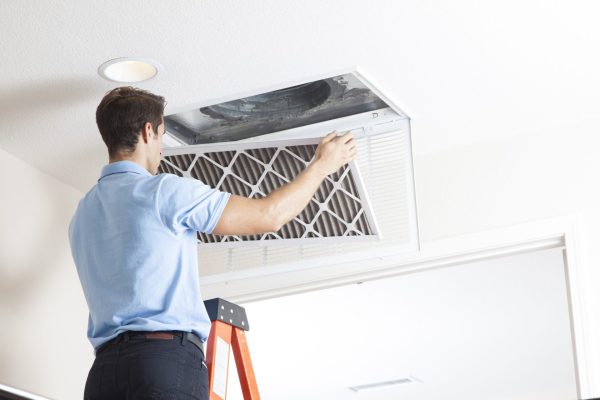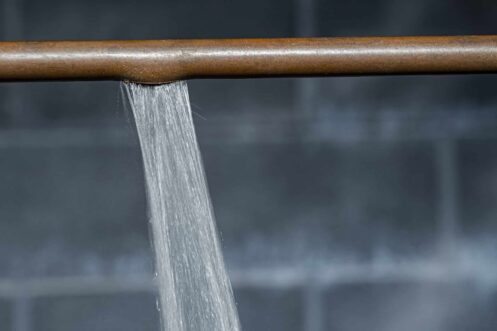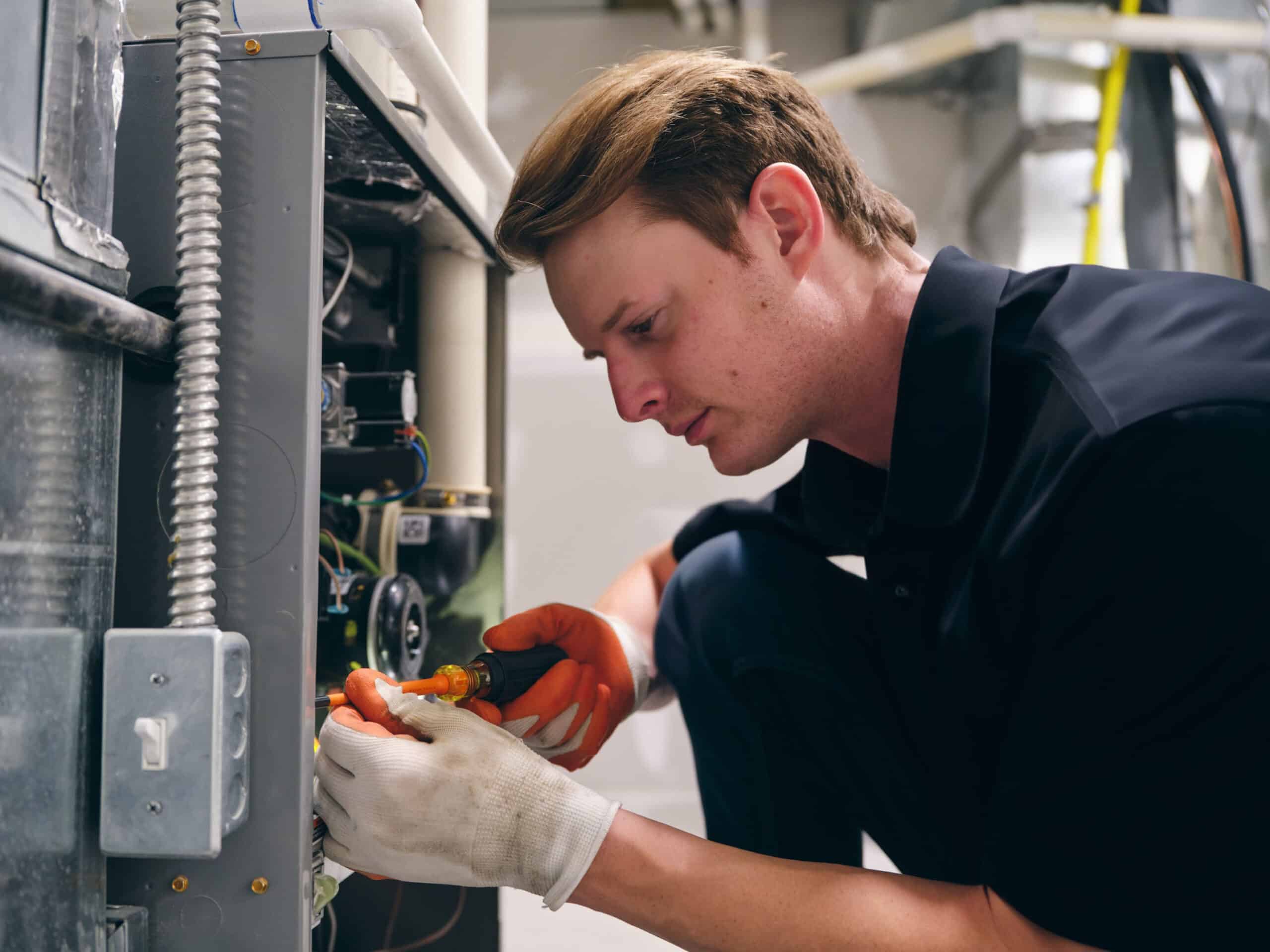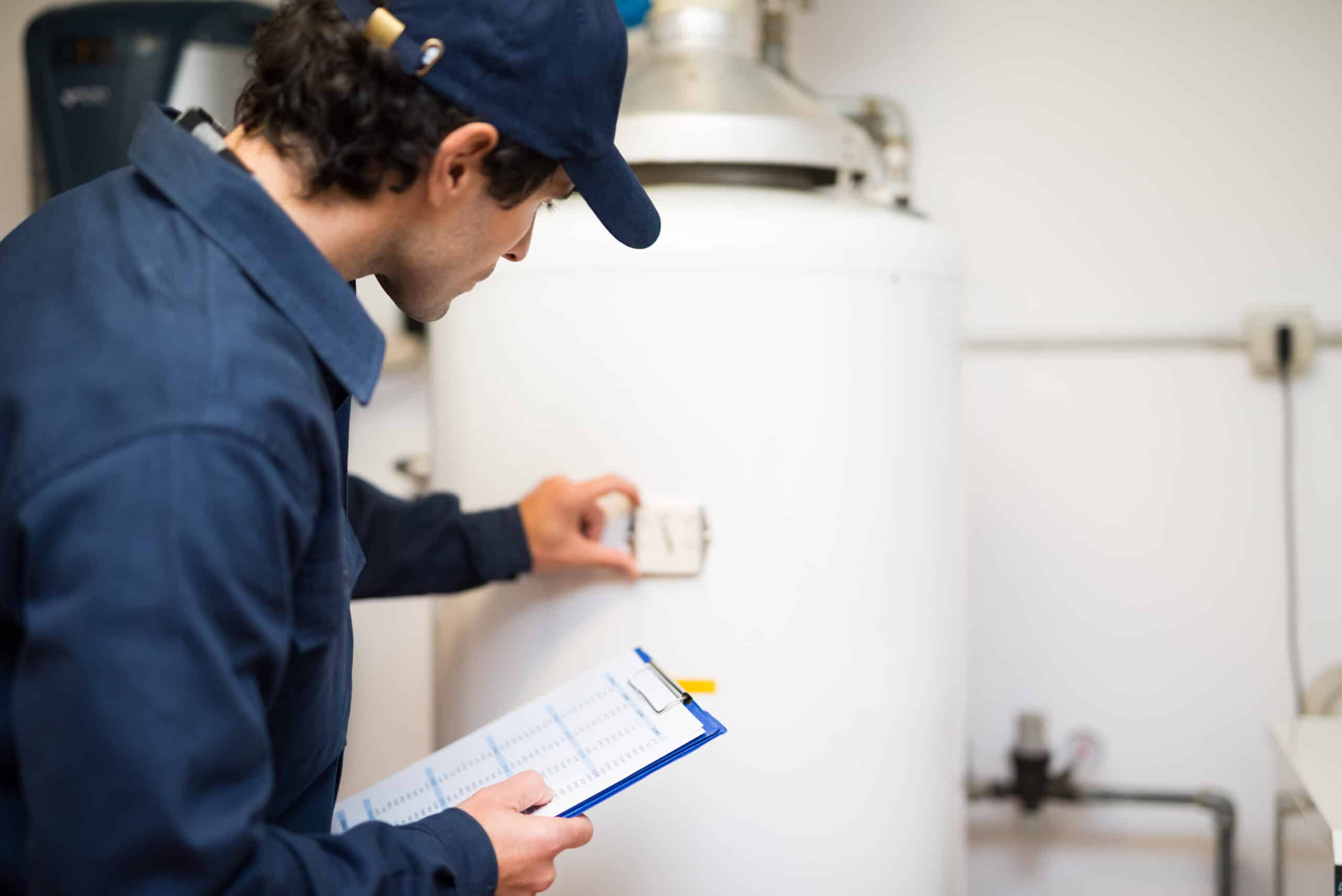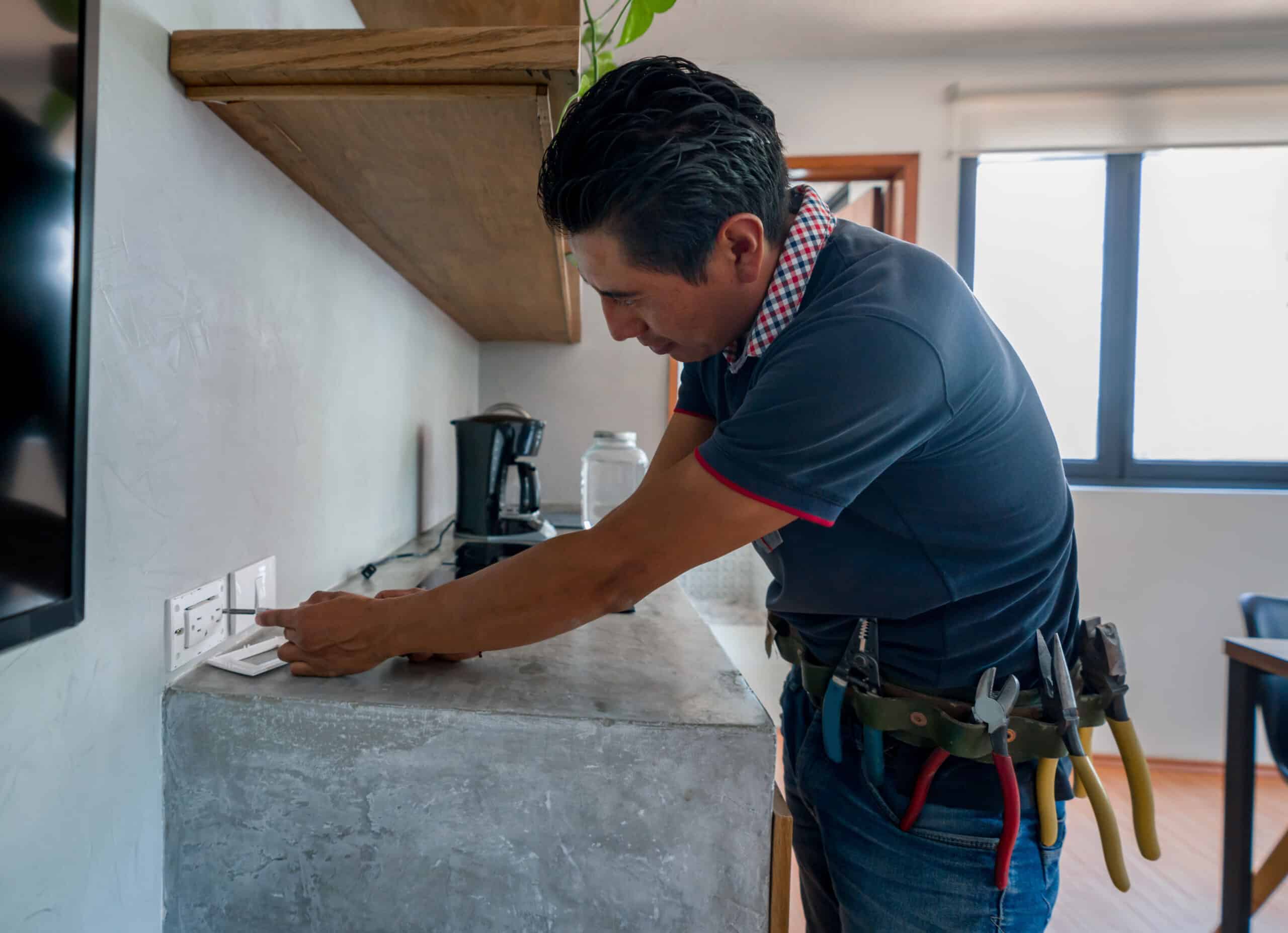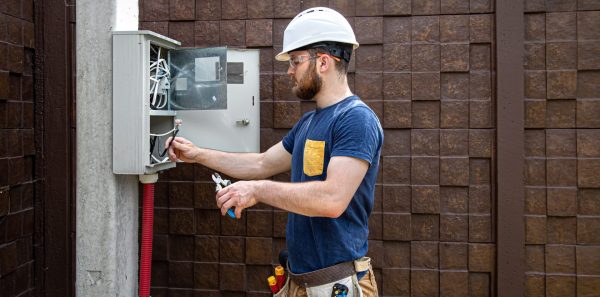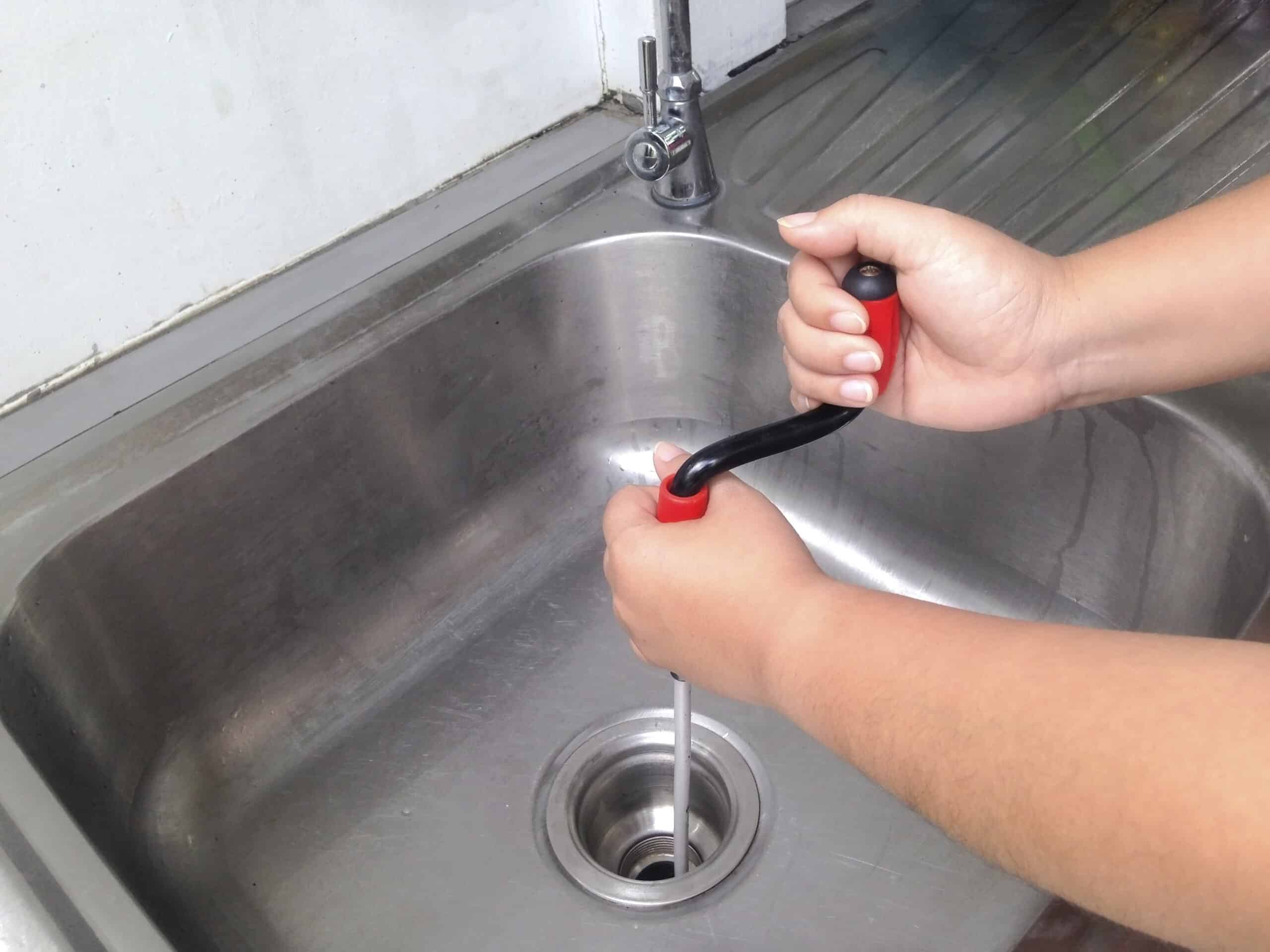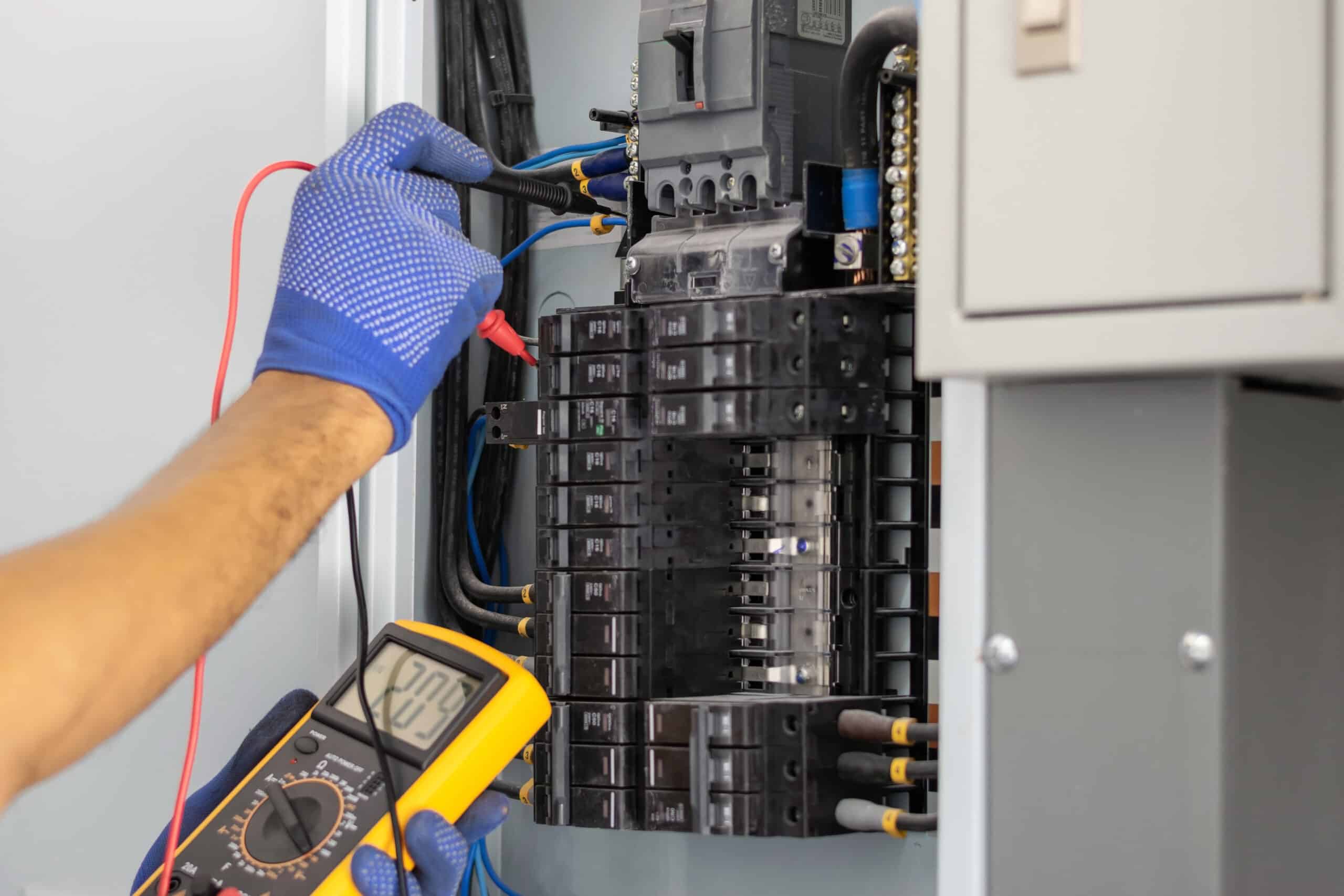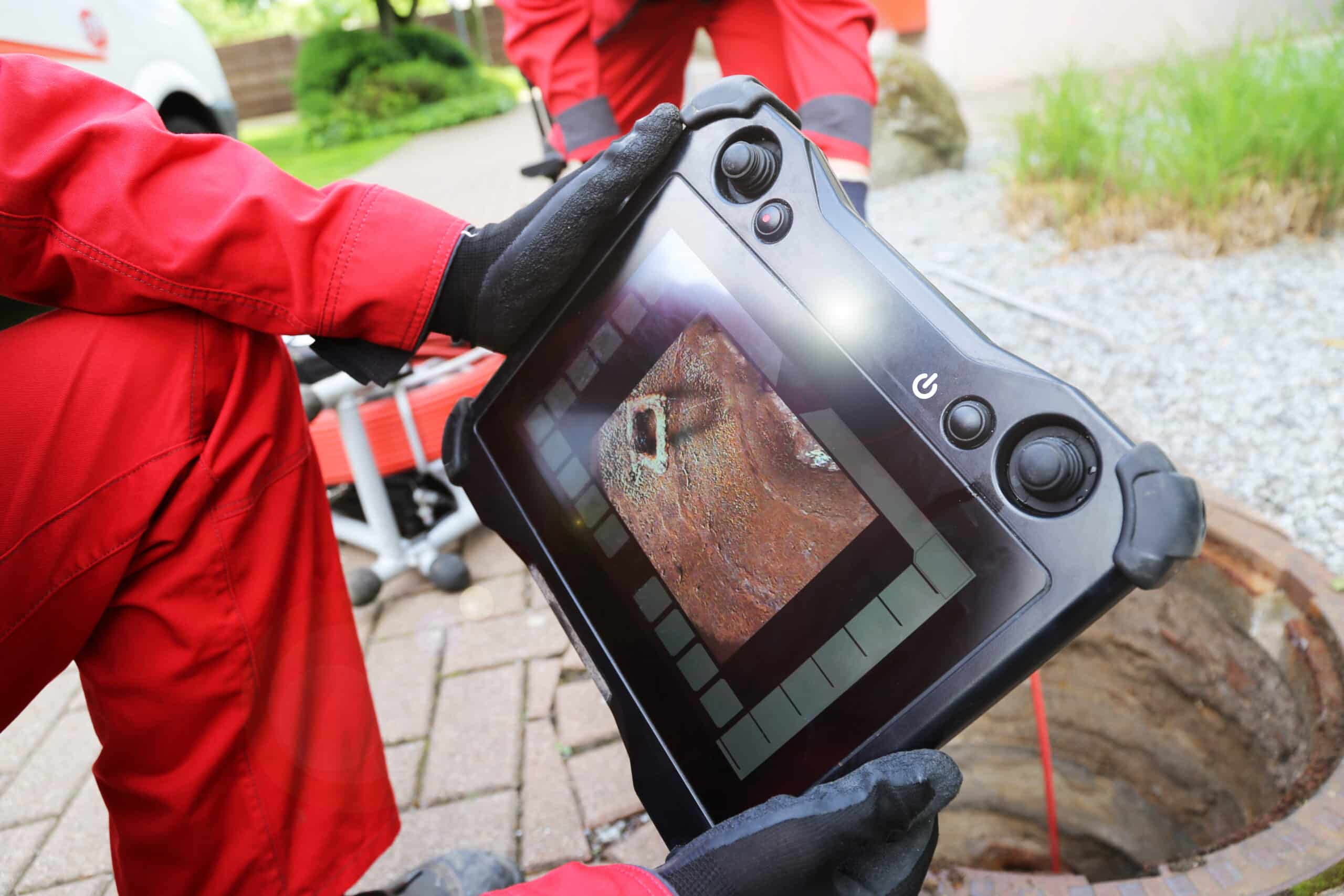In recent years, Wichita homeowners and business owners have become more concerned with improving indoor air quality. Two of the most popular air filters used to achieve this goal are HEPA (High-Efficiency Particulate Air) and MERV (Minimum Efficiency Reporting Values) filters. Understanding the difference between MERV and HEPA filters can help you determine the best solution for your indoor air quality control needs.
What Are Air Filters Designed to Do?
Air filters primarily clean the air that travels through your home’s cooling and heating system. Filtration happens when the air passes through the filter. The filter traps particulates like pollen, dirt, fibers, and pet hair.
What Is a MERV Filter?
MERV is a measurement to indicate how efficiently a filter can remove particles that can affect indoor air quality. A filter with a higher MERV rating is more efficient at removing contaminants than one with a lower rating. Generally, filters with a MERV rating of 16 or lower are designated HVAC system grade filters. These are the ones that most people will use in their homes or their businesses. Filters that are MERV 17 through MERV 20 are traditionally used in clean rooms, surgical operating rooms, and other environments that demand the highest level of cleanliness.
Contrary to what some might think, it is better to get a MERV filter that is right for the application you are using as opposed to simply choosing the filter with the highest rating. If you choose a MERV filter with a higher rating than what your HVAC system manufacturer recommends, you could impair the system’s performance.
The tiny pores in the higher-rated filters create resistance to airflow when they are used in a system that is not created to handle this level of resistance. This lowers the system’s efficiency, putting undue strain on the fan, and can decrease the air quality in a room.
Understanding How MERV Ratings Impact Air Quality
It is pretty well-established that if there are higher concentrations of particles in indoor air, the result is lower health outcomes. Filtering these particles out could improve air quality and health outcomes.
Adequately filtering particles out of the air could also minimize the spread of communicable illnesses and certain allergy and asthma symptoms. To this end, the MERV rating chart can help you in deciding what filter is right for the results you want.
Filters with a MERV rating between two and four are generally seen in residential furnaces and window-style air conditioning units. These filters will be the most effective at eliminating sanding dust, dust mites, or textile fibers. There can filtrate out particles as small as 10 µm.
The next level of MERV rating is five to eight. These filters are seen in commercial buildings, industrial workplaces, and paint booth inlets. These will be effective at getting rid of pollen, dust, dust mites, and mold spores. They have a range of filtration from 10 µm to 3 µm, depending on how effectively they work.
Filters with MERV nine through 12 ratings will be seen in higher-end commercial and residential buildings. They might be used in certain laboratories or hospital settings. These filters will eliminate coal dust, lint dust, mold spores, and pollen. They can remove particles that are as small as 1.0 through 3.0 µm.
Most residential and commercial filters fall into the MERV 13 to 16 range. You will find these filters in commercial buildings, some hospitals used for general surgery, and even in shopping lounges. These can remove auto fumes, sneeze nuclei, pet dander, face powder, lead dust, and some mold spores. These filters can remove particles between 0.3 and 1.0 µm in size.
Filters with a MERV rating of 17 or higher are found in pharmaceutical manufacturing facilities, orthopedic surgical rooms, and clean rooms. They are used for filtering radioactive material. These filters can remove bacteria, nebulizer dust, pollen, virus carriers, and some microscopic allergens. They can remove particles that are smaller than 0.3 µm.
What Are HEPA Filters?
The name HEPA stands for High-Efficiency Particulate Air. It was initially created for atomic energy clean rooms where the U.S. Department of Energy developed it to remove particles as small as 0.3 microns, which is about 56 times finer than a human hair.
One of the most common misconceptions about HEPA filters is that they only capture particles as small as 0.3 microns. In reality, HEPA filters are highly effective at capturing even smaller and more dangerous ultrafine particles.
HEPA filters are rated based on the size they perform worst at, which is 0.3 microns. However, as the particles become larger or smaller, the filters can capture close to 100% of them. HEPA filters are made of a complex mesh of tiny synthetic fibers that carry an electrostatic charge. They capture particles through two mechanisms: trapping them in the maze-like mesh or attracting them to the charged HEPA fibers.
HEPA filters can capture a wide range of harmful particles in four ways. First, diffusion happens when tiny particles move randomly around and get stuck in the maze-like fibers. Second, an interception occurs when particles are trapped within one radius of a HEPA fiber. Third, inertial impaction occurs when larger particles collide with the fibers and become trapped. Finally, electrostatic attraction happens when an electromagnetic charge causes particles to stick to the HEPA fibers. The smaller the fibers are, the greater their charge coefficients are, which allows them to trap even smaller particles.
Choosing the Right Filter For Your Home or Business
To find the best filter for your home or business, you will need to consider the type and size of particles you need to remove from the air and the MERV rating you need.
If you need to remove large particles, like dust or pollen, a good option is a MERV 13 filter. On the other hand, if you need to remove small particles, like viruses or bacteria, a MERV 14 or MERV 16 filter will be suitable. A HEPA filter is a good choice if you need to remove even smaller particles, like smoke or dust.
To make sure you choose the right filter for your home or business, you can talk to an expert. An expert can evaluate your facility’s needs and recommend the right filter for your situation. Eck Services is available to answer any questions you have about filters and help you understand the differences between MERV and HEPA.
Enjoying Exceptional Electrical Plumbing and HVAC Service in Wichita
At Eck Services, we see the communities we serve as an extension of our family. We understand that getting
reliable HVAC services is a must because of the extreme weather in the Wichita area. That is why we are proud of our role over the past 15 years in helping our customers. Our efforts have led to us being honored on the INC. 5000 list and winning the Best Electrician Award from the Kingston Tribute.
Our services include HVAC installation, maintenance, and repair. We offer
commercial and residential plumbing, electrical, ventilation, refrigeration, and remodeling services. Contact Eck Services today to learn more about our full array of services.


